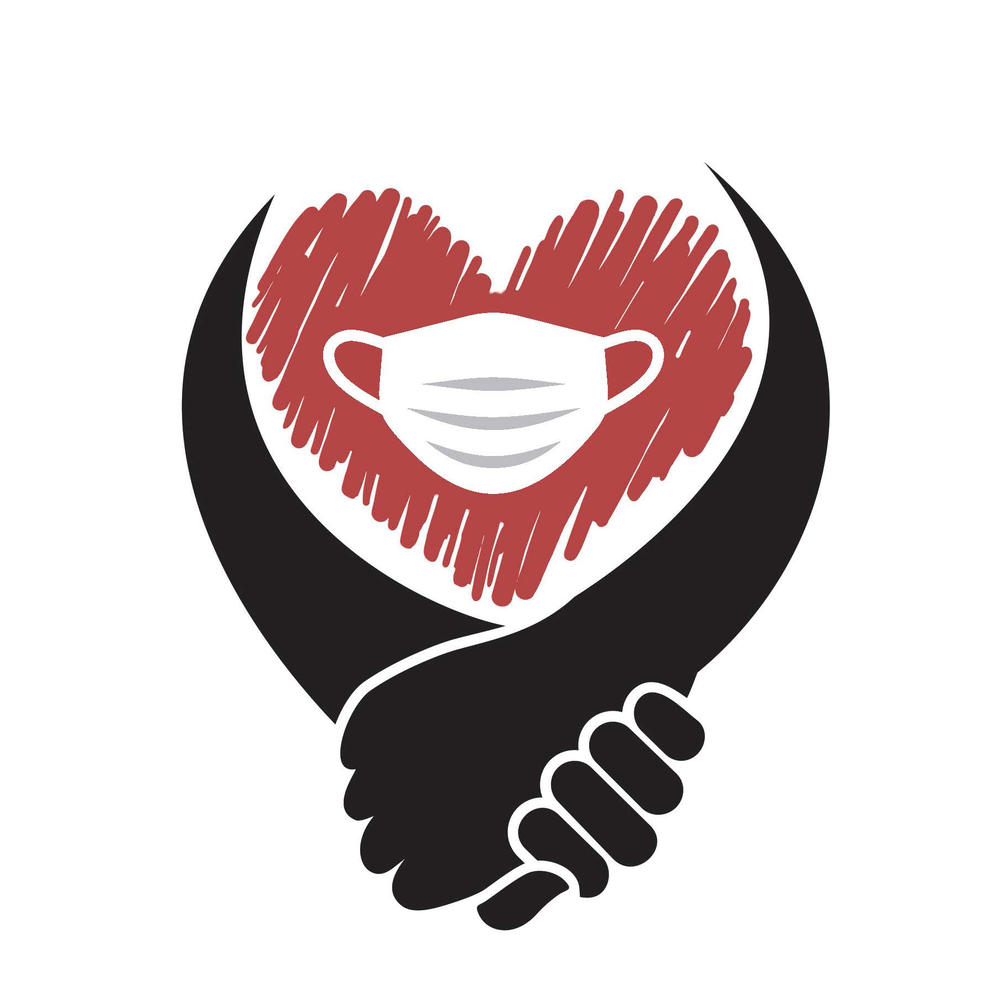We are grateful to the Pontifical Council for Interreligious Dialogue and the World Council of Churches for inspiring us with the new document, “SERVING A WOUNDED WORLD IN INTERRELIGIOUS SOLIDARITY”, a Christian call to reflection and action during COVID19 and beyond.
See the full document here: https://www.pcinterreligious.org/christian-call-reflection-action-during-covid-19-and-beyond.
This inspiring document starts saying: The parable “Good Samaritan (cf. Luke 10:25-37) helps us to reflect on the question, “Whom are we called to love and care for?” and offers guidance about the complexities implied in the terms “service” and “solidarity.” Jesus tells this story in the context of the command to love one’s neighbor. When a man is wounded and left by the side of the road, members of his religious community pass him by and leave him unaided. The person who eventually stops and helps him – a Samaritan – comes from a community that has been in dispute for centuries with his community about religious identity, the correct way to worship, and the right to participate in political matters. The story is an invitation to reflect on the need to transcend boundaries in one’s service to, and solidarity with, the suffering. It is also a call to overcome the negative assumptions we may hold and to recognize with humility and gratitude that the ‘other’ (the Samaritan in this case) may show us the true meaning of service and solidarity.”
One challenging part of the document reminds us the importance of “Solidarity sustained by hope” saying: “Hope is an essential feature of all religions. Throughout human history, we know that religious hope has often inspired believers to care in love and compassion for those who suffer the tragedies of the human condition. Today, we need universal and shared ethical and spiritual values to inject a new hope into the pandemic-ravaged world. In this respect, religions can offer a precious contribution to reawaken and guide humanity in building a new social order at the local, regional, national, and international levels. This new vision needs to be based on the unity of the human family as well as on a heritage of moral values common to all human beings. Today, there is a global interconnectedness that urges us to assume planetary responsibility based on common religious and ethical values to serve and heal the post-COVID-19 world. We are called to reengage with the world, particularly in response to the grievous woundedness in ourselves, our families, our cities and nations, and in the whole of creation.”
By providential coincidence, these document encourages Silsilah to move on a specific program to help many who are affected by the COVID19 especially on the line of spiritual accompaniment. This new program has been decided by the Emmaus Dialogue Movement formed by some Christian members inside the Silsilah Dialogue Movement together with other Muslim members of Silsilah. This program is a new challenge. It is a training program on Trauma Healing. In 2013 Silsilah helped many during and after the siege of Zamboanga City giving formation and training on Trauma Healing. On that occasion, Silsilah encouraged many to be “wounded healers” in the situation of conflict and violence“. Now, we have a new alarming challenge with the COVID 19 and we need to move as “wounded healers”. For this reason, we will start soon the “Wounded Healers Spiritual Accompaniment”.
Indeed, this difficult time of COVID19 is inspiring many groups and institutions to be more active encouraging many to be creative and explore all forms of solidarity and for sure the new document “Serving a wounded world in Interreligious Solidarity” is providential and inspiring for many.

